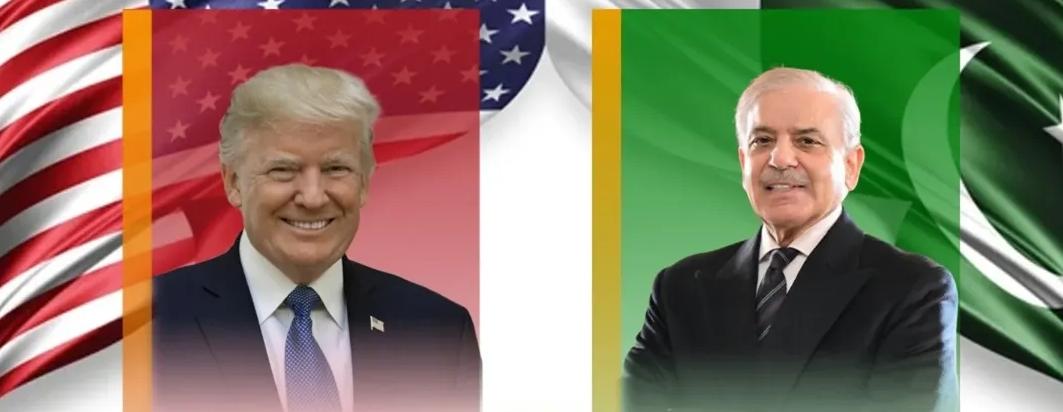
In a surprising diplomatic move, the Government of Pakistan has officially recommended U.S. President Donald J. Trump for the 2026 Nobel Peace Prize. This announcement follows Trump’s intervention during the 2025 India-Pakistan crisis, which Islamabad claims helped defuse a near-war situation between two nuclear-armed neighbors.
Pakistan has cited Trump’s efforts in promoting dialogue, restoring calm, and preventing escalation as key reasons behind the recommendation.
During the 2025 conflict, tensions between India and Pakistan reached a dangerous peak. With cross-border hostilities rising and threats of full-scale war looming, President Trump initiated urgent back-channel diplomacy, engaging directly with leaders in both Islamabad and New Delhi.
According to Pakistan, this intervention helped secure a ceasefire, halting what could have been a catastrophic conflict. Pakistan presented this move as a prime example of Trump's role as a peacemaker.
Islamabad also highlighted Trump's willingness to engage on the long-standing Kashmir issue, pointing out that sustainable peace in South Asia is not possible without implementing United Nations Security Council resolutions on Jammu and Kashmir.
Pakistan further emphasized its position that Indian actions during the conflict amounted to unprovoked aggression, violating Pakistan’s sovereignty and causing civilian casualties, including women and children. In response, Pakistan launched Operation Bunyamun Marsoos—a limited, targeted military campaign framed by Pakistan as a defensive and deterrent action carried out with precision and restraint.
However, the Nobel recommendation has sparked a wave of critical commentary and raised eyebrows both within Pakistan and globally. This announcement came shortly after a high-level visit by Pakistani Army Chief General Asim Munir to the White House, where he reportedly attended a luncheon with top U.S. officials.
Just days later, the Nobel Peace Prize recommendation for Trump was made public, fueling speculation about the motivations and timing behind the move.
Critics question the basis on which Pakistan is endorsing Donald Trump for a global peace award, especially given his controversial foreign policy track record. Trump has been an open supporter of Israel, even during its widely criticized military campaign against Iran.
He has publicly stated, "We know where Iran’s leader is. We can kill him if we want," signaling an aggressive stance rather than one rooted in peace diplomacy. Moreover, Trump supplied billions of dollars in advanced weaponry to Israel and repeatedly threatened Iran over the nuclear deal, intensifying regional tensions.
For many observers, this creates a sharp contradiction. On one hand, Pakistan frames Trump as a peacemaker; on the other, his policies and rhetoric toward Iran and unwavering support for Israel suggest otherwise. Critics argue that awarding a Nobel Peace Prize to a figure who has supported military actions, delivered threats, and funded warfare undermines the very spirit of the prize.
The announcement has led to a perception that Pakistan is bending over backwards to appease Washington. As some have bluntly put it, "Pakistan is licking America’s boots." The perception that the Nobel recommendation may be politically motivated rather than based on principled evaluation of Trump’s peace efforts adds to the growing skepticism.
Still, from Pakistan’s official standpoint, Trump’s role in preventing a South Asian war stands as a significant diplomatic milestone, one that deserves global recognition. Whether or not the Nobel committee agrees remains to be seen, but the debate over this recommendation reflects the complexities of modern geopolitics—where national interests, strategic alignments, and global peace narratives often collide.
Disclaimer:This article is based on publicly available information, media reports, and official statements as of the time of writing. It reflects Pakistan’s stated position and public actions, as well as commentary on President Donald J. Trump’s current role and recent international developments. The content is intended for informational and analytical purposes only.
It does not reflect the official stance of any government or institution, nor does it endorse or oppose any political figure or foreign policy. Readers are encouraged to seek multiple sources for a balanced understanding of the issues discussed.




